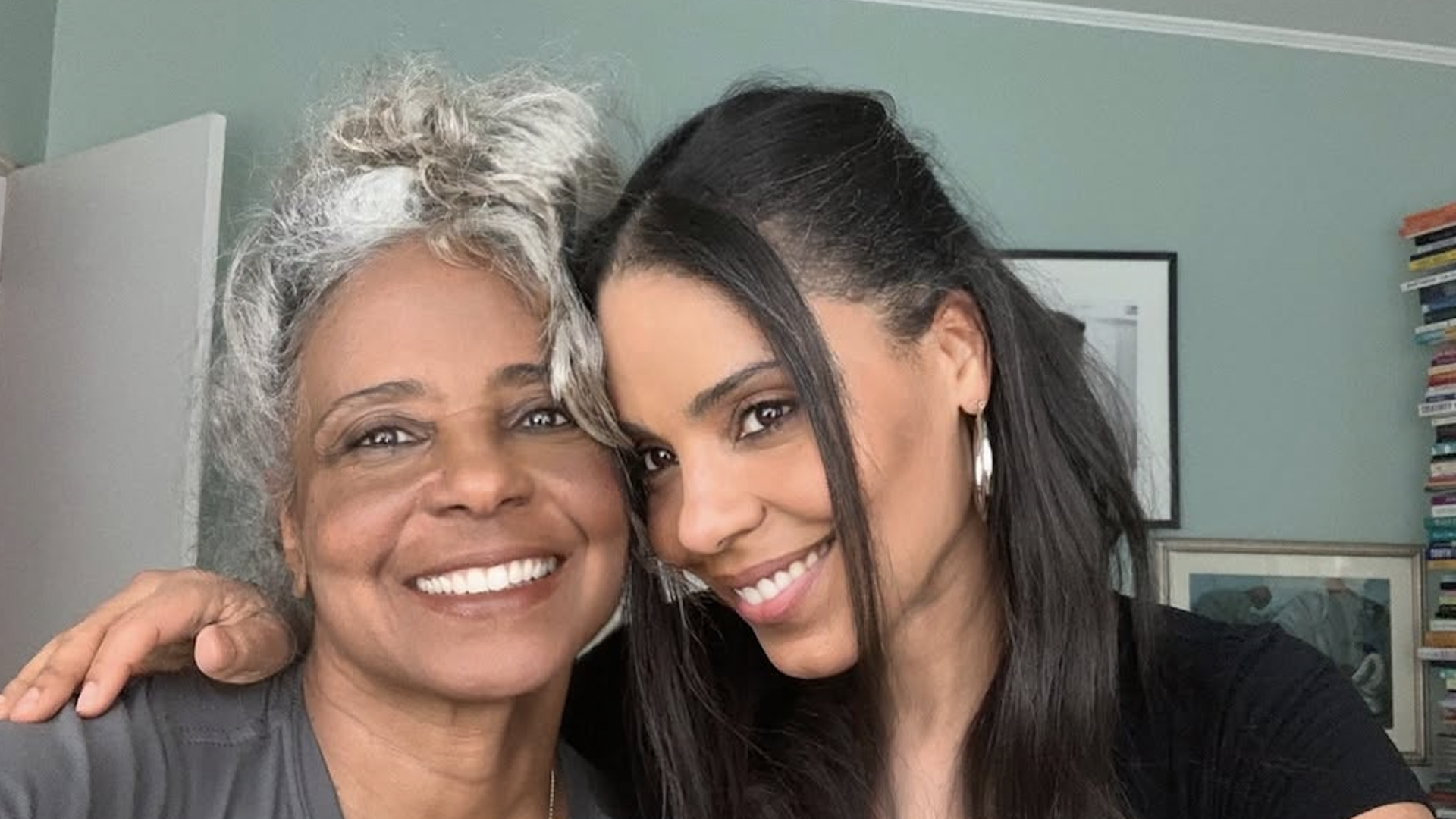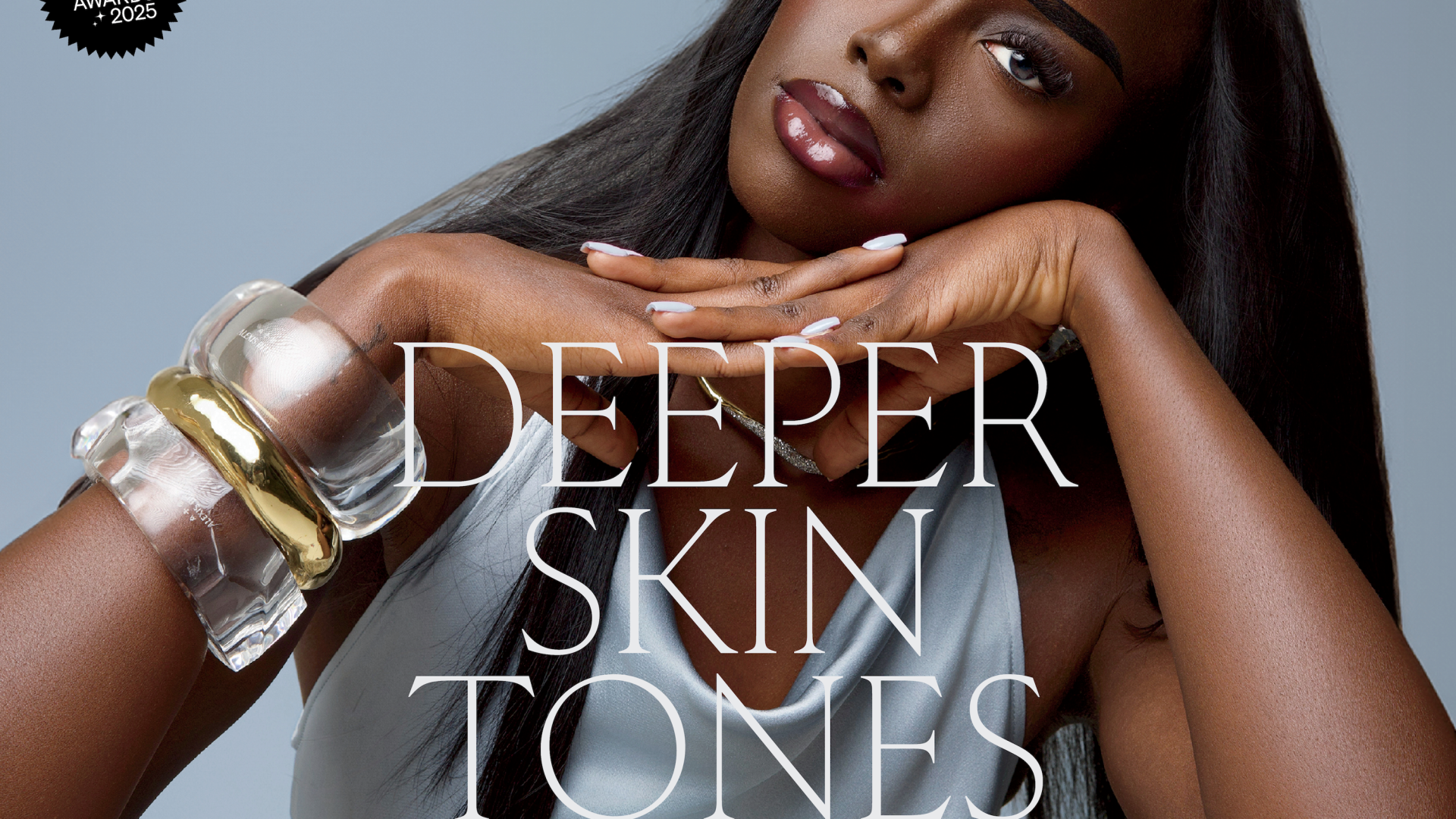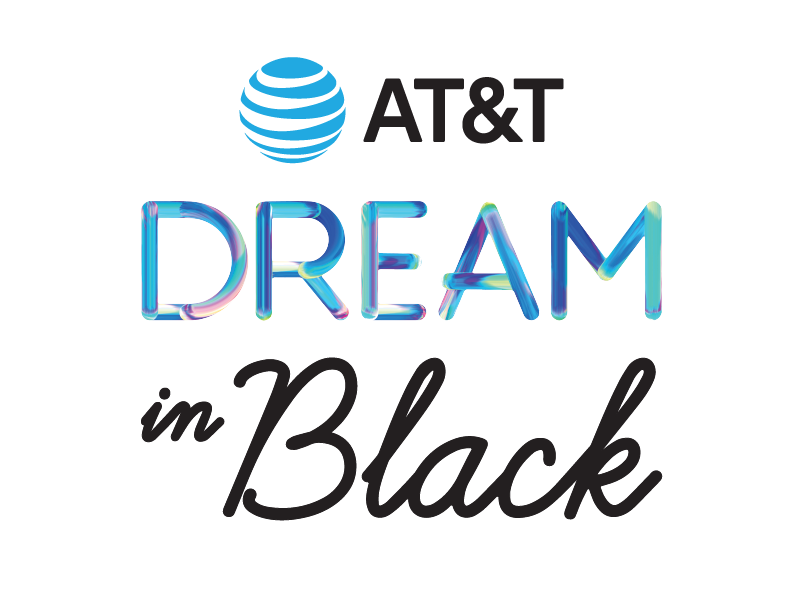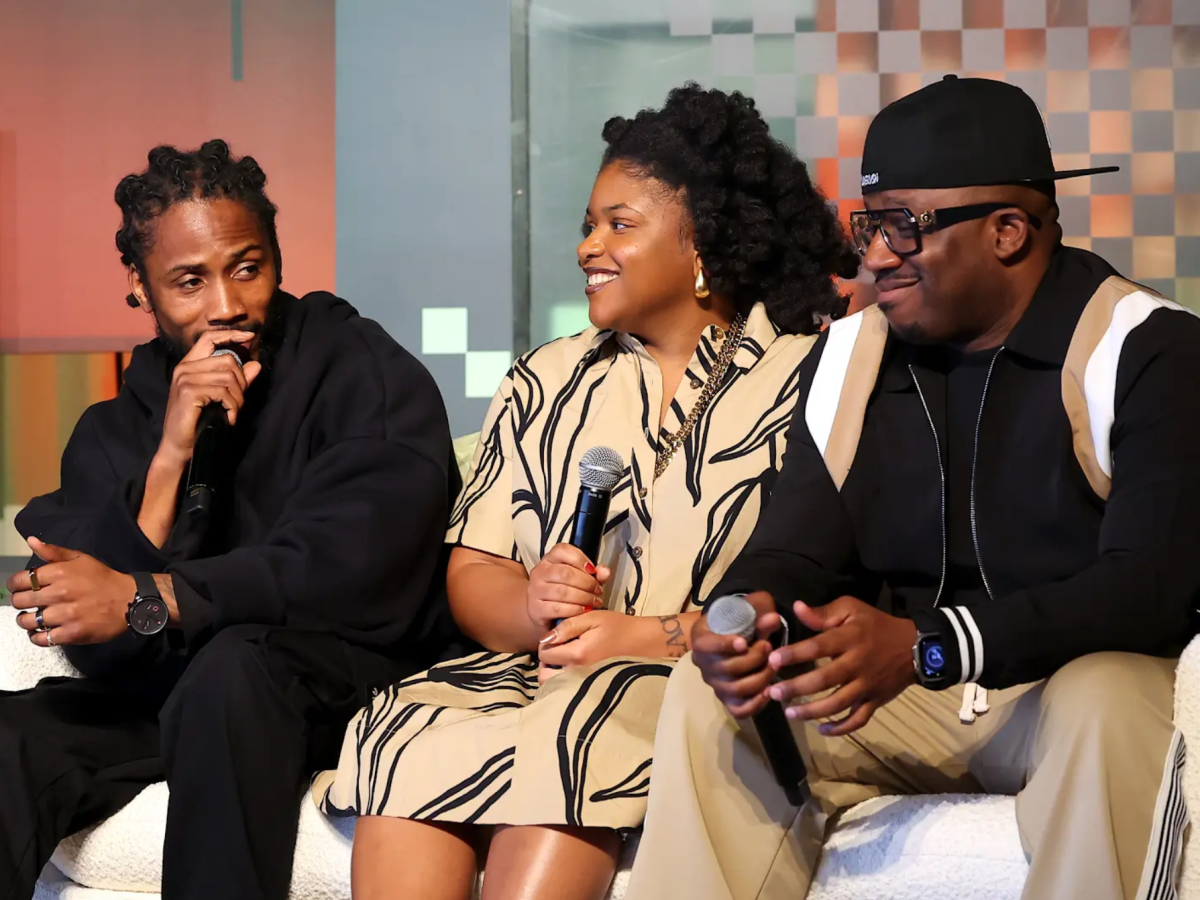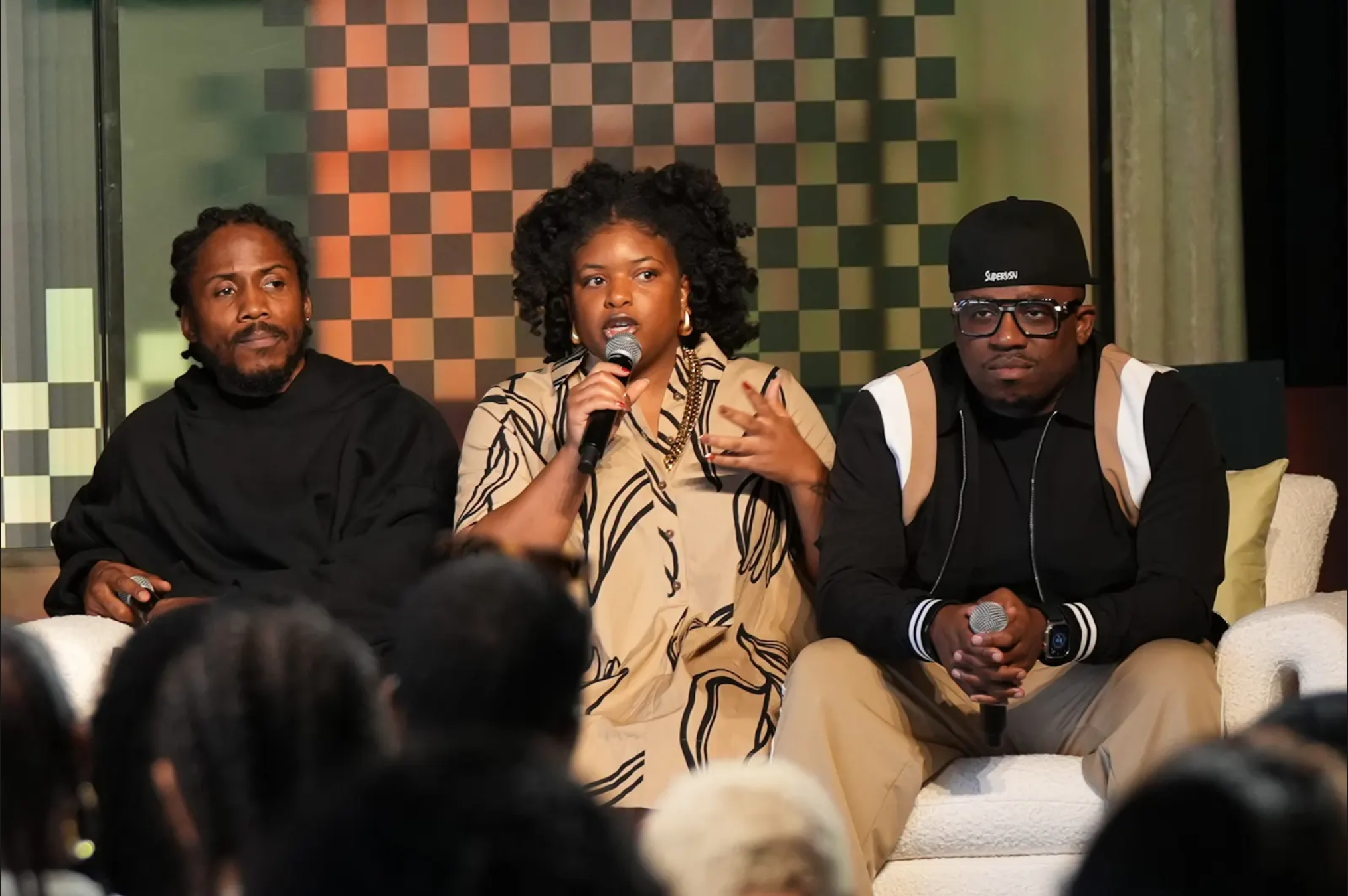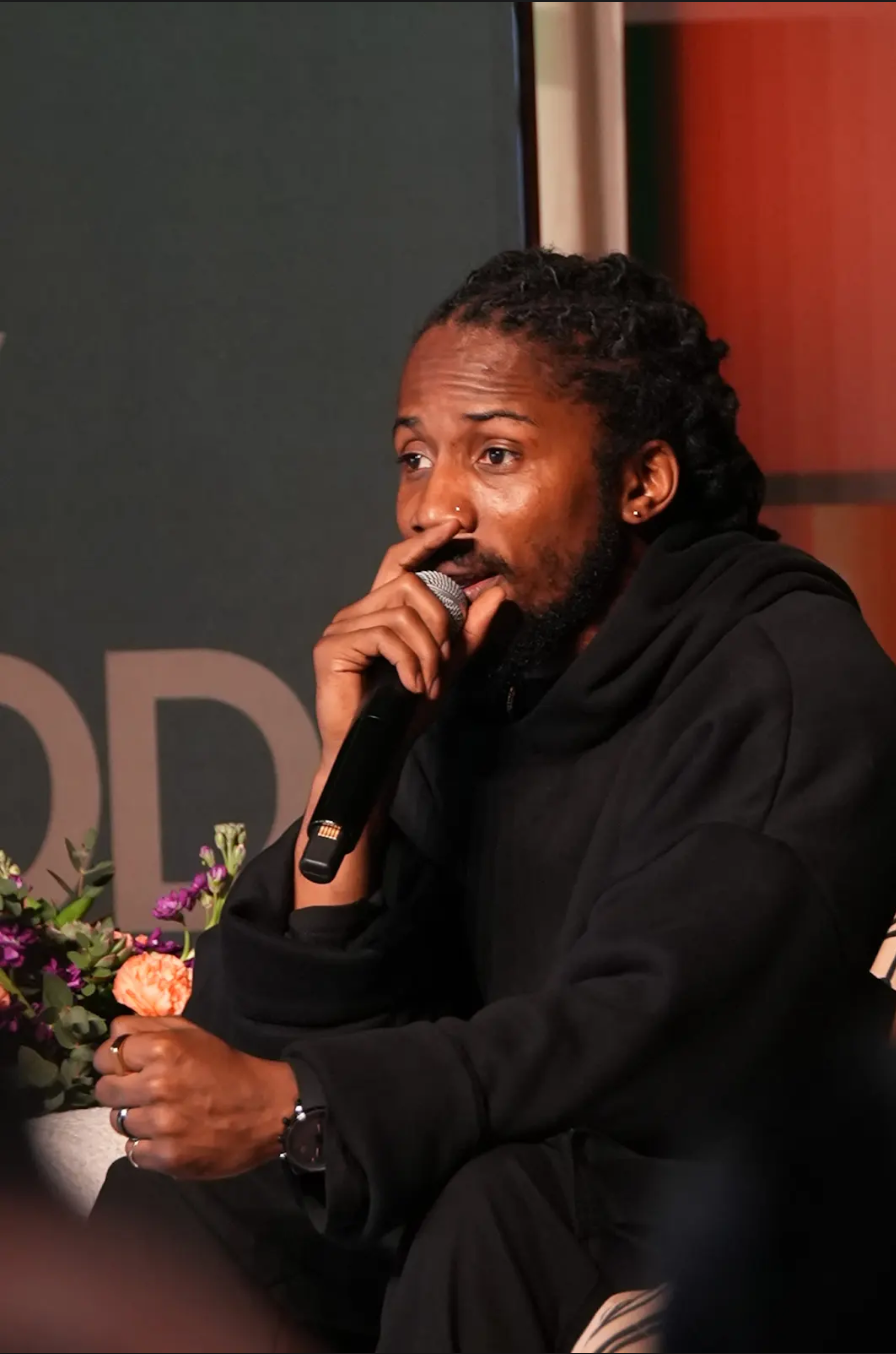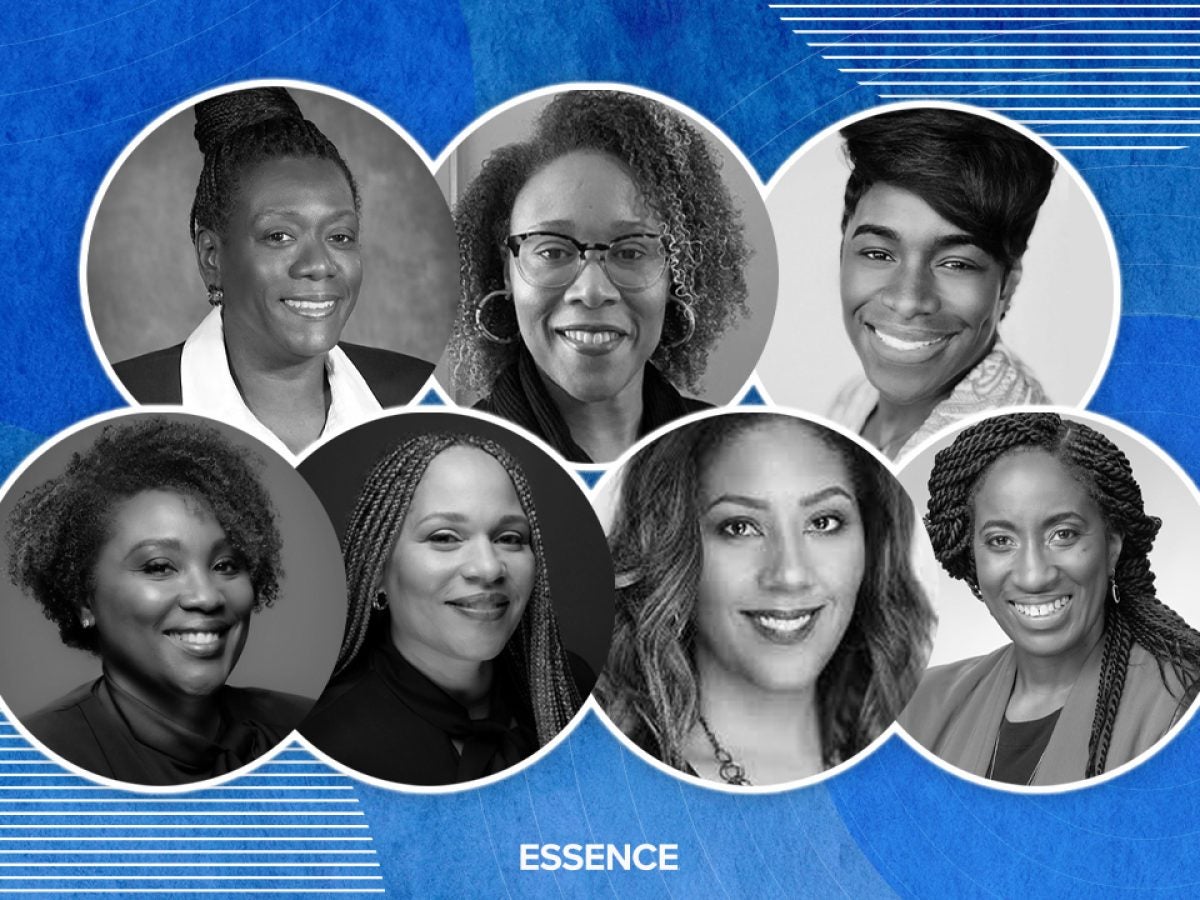
The auto industry is full of interesting ironies.
For instance, despite 85% of car purchase decision-making being made by women, 62% of car consumers being women, and 1.4 million more women with driver’s licenses in the U.S. than men, c-suites in the auto sector are still overwhelmingly male. White male, to be exact.
The Bureau of Labor Statistics showed in 2021, just 22.4% of “transportation, storage and distribution” management roles had women at the helm, the U.S. automotive industry has been male-dominant for years, with women of color-held positions sitting at a meager 10.4%.
Nissan US can’t relate.
Although the automaker’s leadership table is made of a nominal 23% women compared to 77% men, Nissan USA’s demonstration of its commitment to diversity is something to observe. It makes sense, as nearly 40% of its customers are multicultural.
Of the tens of thousands of Nissan USA employees, Black women have received the most promotions among minority workers within the company. This isn’t by happenstance.
“Nissan really means what they say when it comes to upholding it’s commitment to diversity, equity, inclusion and belonging,” Chandra Vasser tells ESSENCE. She serves as Vice President and Chief Diversity, Equity and Inclusion Officer, Nissan Americas. She also sits as President of the Nissan Foundation, an organization that has awarded nearly $16 million to more than 150 nonprofit organizations committed to promoting cultural awareness and understanding.
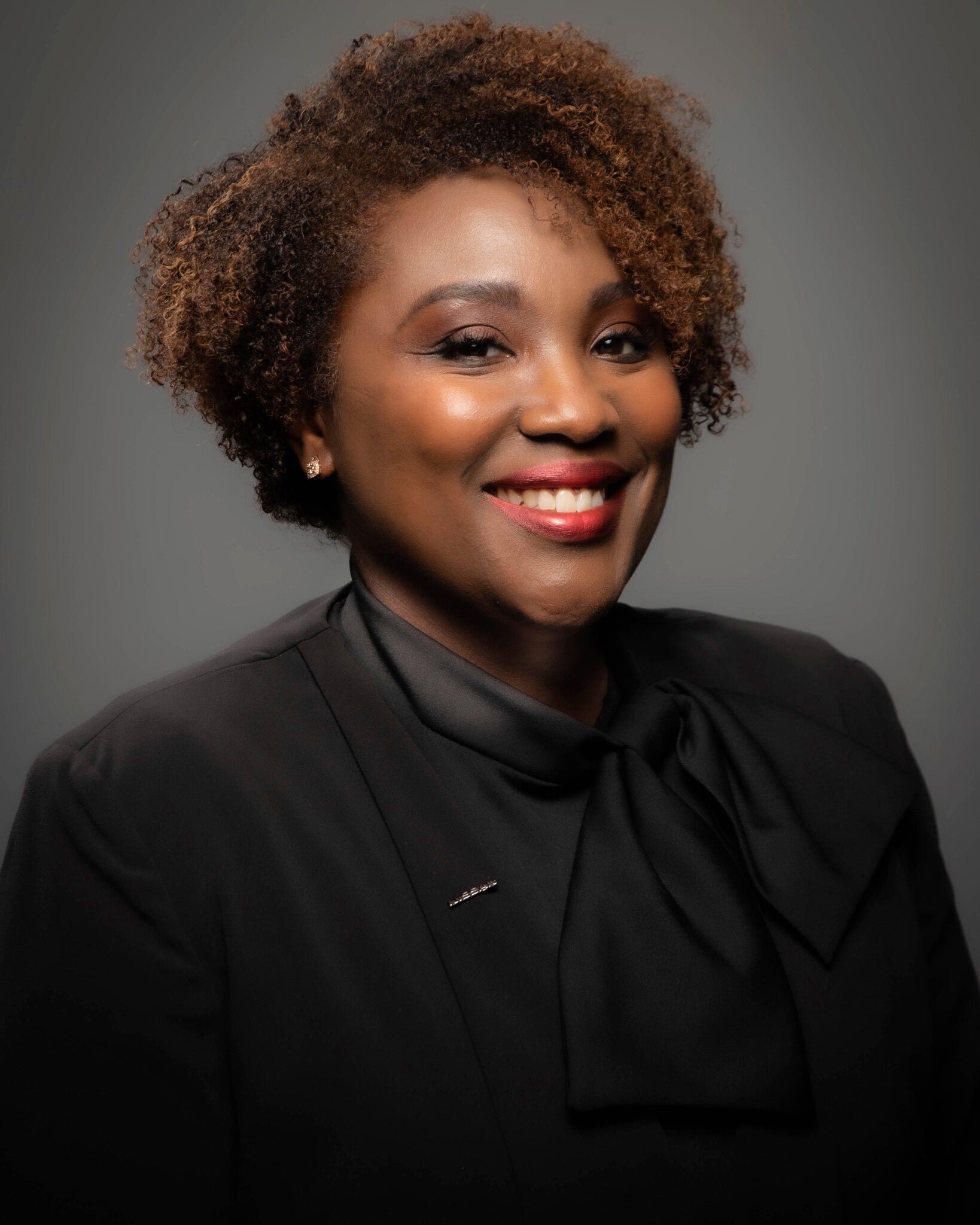
A critical aspect of both of her jobs is to hold the company accountable for executing the DEI-related goals they’d set. This happens in a few different ways, according to Vasser.
“You require that a diverse candidate slate and inclusive interview panel is assembled,” she tells ESSENCE. “And when that diversity is assembled, then it opens the door for leaders to hear and learn from more talent in the organization. And so we are continuing to ensure that we keep that practice in place across the organization, and we’re pushing it deeper and deeper into the organization. We are just organically seeing that talent move up the ranks and be promoted to core roles.”
Calandra Turner can attest to this.
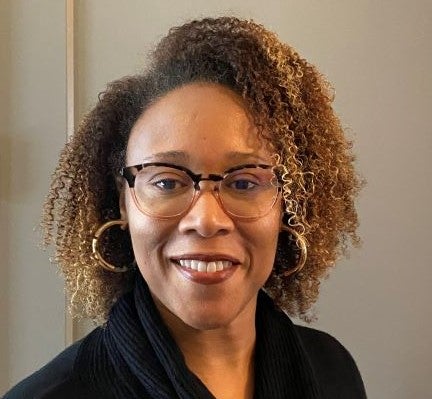
After working with Nissan for 16 years, she says the company cultivates an environment most workers, particularly Black women, place high on their priority list.
“We’re actually listened to at Nissan,” Turner tells ESSENCE. “Our ideas are taken seriously, and if you have a plan, it’s pretty likely that it’s going to happen which doesn’t happen at every organization.”
She also points out the company leans into workers’ enterprising natures, a move workplace experts highly encourage.
“To be a large organization like Nissan is to be relatively flat in nature, but it really provides its workforce with a great marriage of entrepreneurial spirit with the infrastructural support of a major corporation; more so than the other companies I worked for in the past, and that’s what has kept me here for so long. ” Turner explains.
Similarly, Nikole Wells has been with Nissan since 2005 and shares she feels she found a home in Nissan because her when she saw her stellar output being recognized. She was recently appointed as Regional Vice President of INFINITI West, Nissan’s luxury brand in March 2023 after working a myriad of other roles in business planning and sales.

“That glass ceiling is real, but I haven’t bumped up against it here, and that’s something many hard-working, deserving Black women can’t say.”
Keri Floyd Kelly, Nissan’s Director of Diversity and Inclusion says that although Nissan leans into meritocracy, the company understands the importance of prioritizing an intentionally diverse leadership table, even at a time of significant corporate DEI disinvestment.
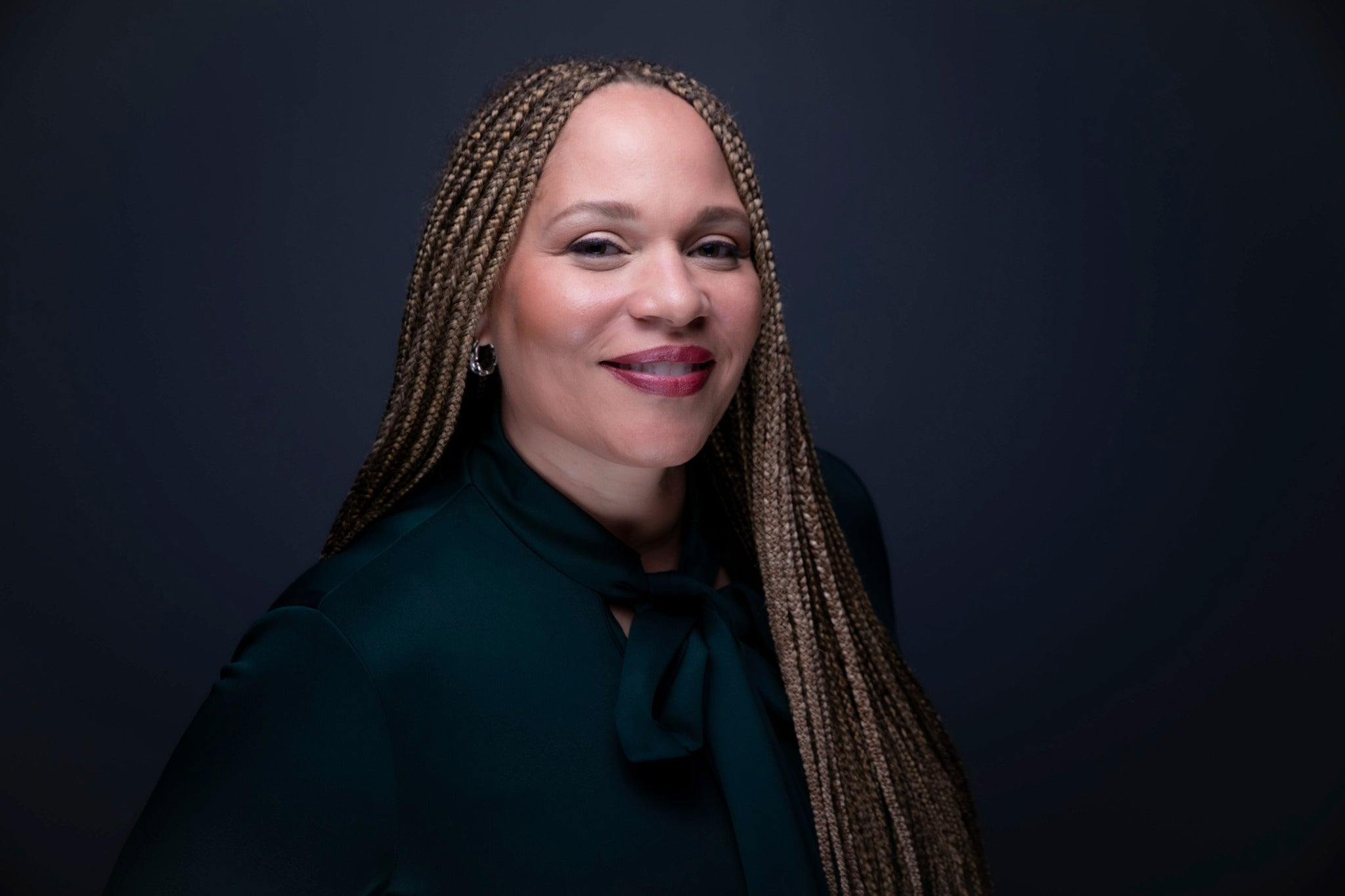
“We don’t operate on diversity quotas,” she candidly tells ESSENCE. “We are creating an inclusive culture. And honestly, our chairman sees the tie between what we do and how DEI is a real business initiative. There’s a business case for inclusive thought.”
A recent report released by LinkedIn highlights that more diversity breeds deeper ideation and experience. To put it plainly, businesses that make diversity a priority outperform their peers, and diverse companies earn 2.5x higher cash flow per employee.
“There’s an understanding that the more unique voices—particularly those of Black women—that are in the room, the higher the possibility will be for solutions to be presented from different angles. It’s no mistake that Nissan has been pillar in the auto industry for decades now—we’re a company filled with competent. people. And if you’re really smart, you’re going to have Black women on your team.”
